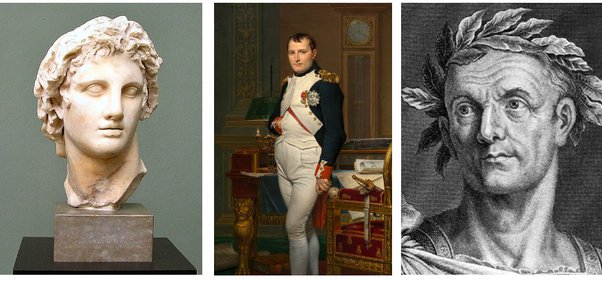Erwin Rommel
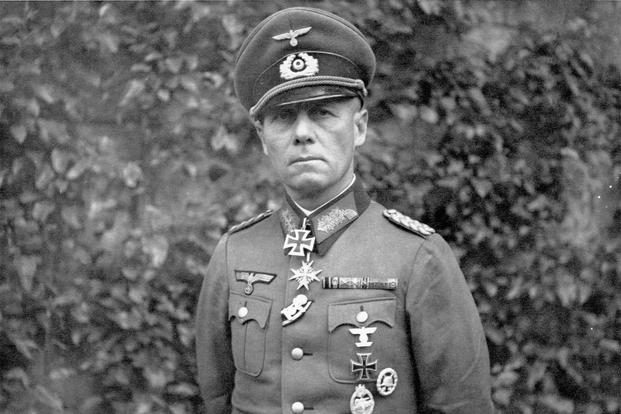
Erwin Rommel was a German field marshal during World War II who served in the Wehrmacht (armed forces) of Nazi Germany. He was popularly known as the “Desert Fox” for his leadership of German and Italian forces in the North African campaign, where he established his reputation as one of the ablest tank commanders of the war.
Rommel was highly regarded for his innovative tactics, ability to outmaneuver his opponents, and his chivalry towards his adversaries. He was a highly decorated officer in World War I and was awarded the Pour le Mérite for his actions on the Italian Front. In 1937, he published his classic book on military tactics, Infantry Attacks, drawing on his experiences in that war.
Rommel’s successes in North Africa earned him widespread recognition and appreciation from both his own men and his enemies. Despite serving on the side of Nazi Germany, he is considered by many to be one of the greatest generals of all time due to his military prowess and tactical brilliance.
Khalid ibn Al-Walid
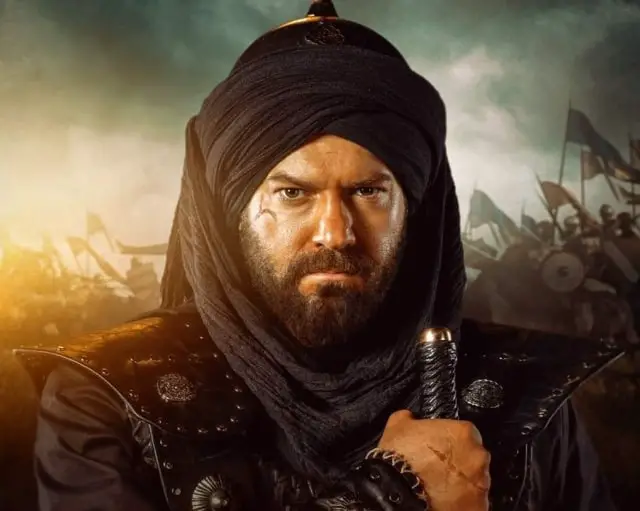
Khalid ibn al-Walid was a 7th-century Arab military commander who served as a general in the early Muslim armies.
Khalid played a key role in several major battles, including the Battle of Hunayn, the Ridda Wars against rebel Arab tribes, and the early Muslim conquests of Iraq and Syria.
He was known for his tactical brilliance, military prowess, and ability to outmaneuver his opponents on the battlefield.
Khalid’s successes on the battlefield earned him the title of “Sayf Allah” (Sword of God) and he is considered by many to be one of the greatest military commanders in history. His legacy continues to be celebrated in the Muslim world today.
Subutai
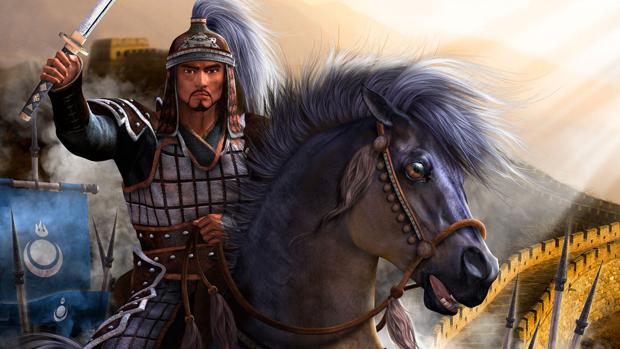
Subutai was a Mongol general and the primary military strategist of Genghis Khan and Ögedei Khan.
With over 20 campaigns and 65 victorious battles, he established an unmatched record in territorial conquest as the Mongol Empire expanded.
Subutai was a reliable choice for famous Mongol leaders to help in the expansion of the empire.
He joined the Mongols as just a youth and began deliberate planning for the westward expansion of the Mongol empire in 1235.
Subutai was instrumental in the expansion of the Mongol Empire, and he is considered as the one who really expanded the Mongol Empire.
Noteworthy accomplishments include the conquest of Eastern Europe, Persia, and Russia.
His strategic acumen, tactical prowess, and leadership led to his title as “The Invincible General.” Adaptable to diverse terrains, Subutai leveraged this advantage in battle.
His military exploits and leadership qualities are studied in military academies around the world, and he is often regarded as one of the greatest military tacticians in history.
Georgy Zhukov
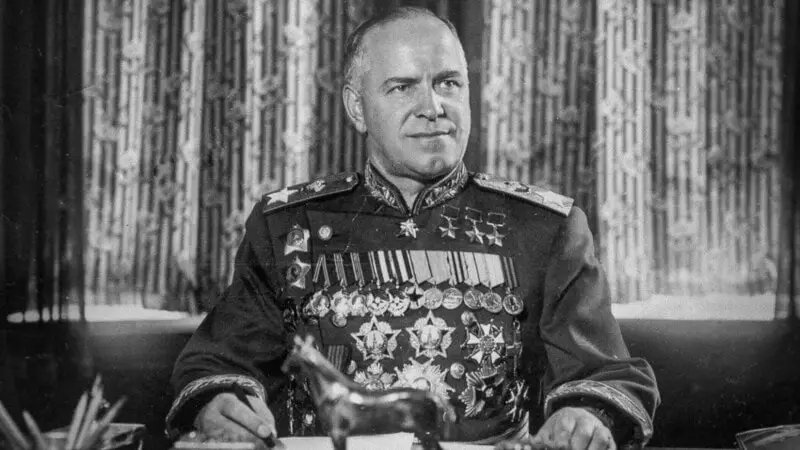
Georgy Zhukov was a Marshal of the Soviet Union who served as the most important Soviet military commander during World War II.
He held prominent positions including Chief of the General Staff, Minister of Defence, and membership in the Communist Party’s Presidium (later Politburo).
However, his extraordinary popularity apparently caused him to be regarded as a potential threat by Stalin, who assigned him to a series of relatively obscure regional commands.
Zhukov oversaw some of the Red Army’s most decisive victories during World War II, including the defense of Moscow, the Battle of Stalingrad, and the Battle of Kursk.
He played a key role in planning and executing many major engagements throughout the war, and his leadership helped to turn the tide against the Axis powers.
Zhukov earned recognition and appreciation for his contributions to the Soviet war effort, solidifying his hero status in Russia.
His strategic genius, military prowess, and leadership continue to be celebrated in Russia’s legacy.
Takeda Shingen
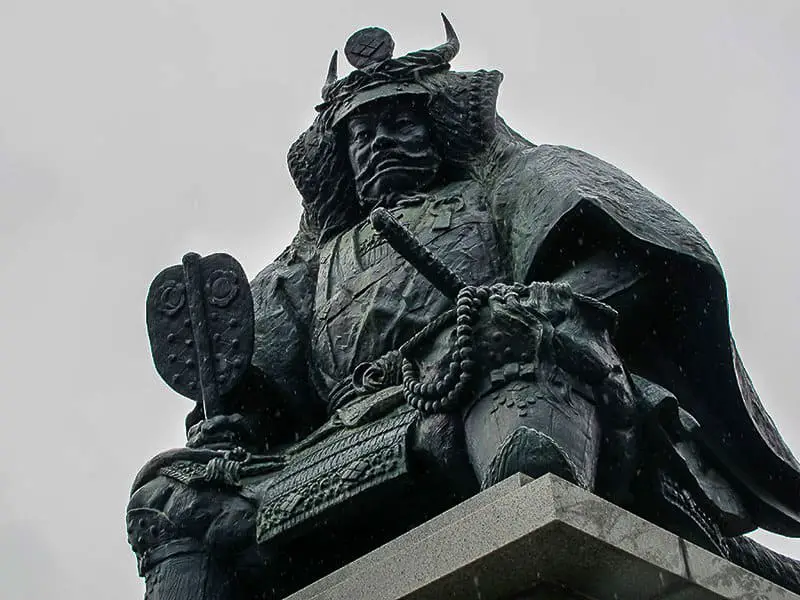
Takeda Shingen was a daimyo (feudal lord) and one of the most famous military leaders of Japan during the Sengoku period of civil unrest in the 16th century.
As head of the Takeda clan, he ruled over Kai Province in central Honshu, earning the moniker “Tiger of Kai” for his exceptional prowess.
Takeda Shingen was known for his military prowess, strategic planning, and leadership. He struggled for mastery of the strategic Kantō Plain and expanded his family’s domains into neighboring provinces.
His legendary clashes with Uesugi Kenshin are immortalized in Japanese drama and folklore.
Takeda Shingen’s legacy continues to be celebrated in Japan for his contributions to the history of the Sengoku period.
He is considered one of the greatest military commanders in Japanese history due to his skill and leadership on the battlefield.
Arthur Wellesley
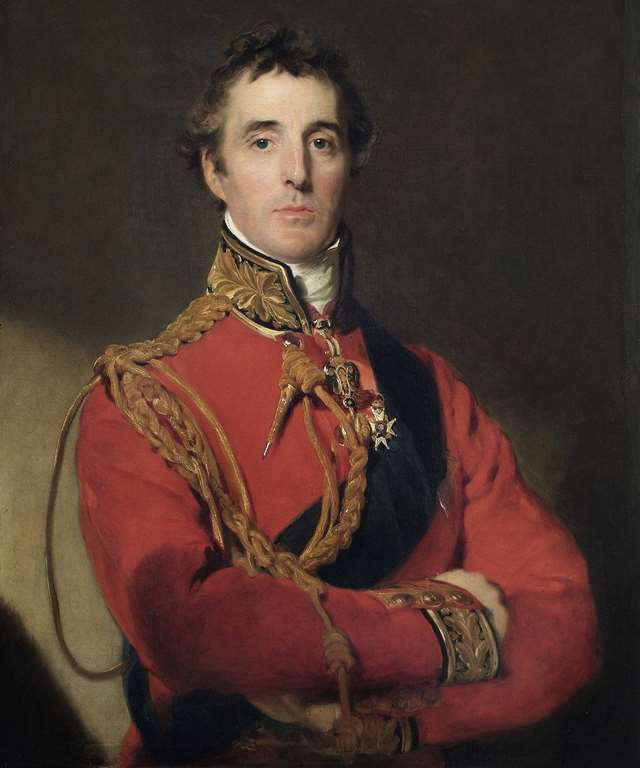
Arthur Wellesley, 1st Duke of Wellington, was an Anglo-Irish statesman, soldier, and Tory politician who was one of the leading military and political figures of 19th-century Britain.
He served twice as Prime Minister of the United Kingdom and is best known for his role as a commander of the British army during the Napoleonic Wars.
Wellesley first rose to military prominence in India before returning to Europe to fight in the Peninsular War in Spain.
Victories such as the Battle of Salamanca showcased his prowess against the French, while his strategic contributions in Spain led to driving Napoleon’s forces away.
In 1815, he commanded the allied forces at the Battle of Waterloo, where he defeated Napoleon and ended the Napoleonic Wars.
Wellesley’s military achievements earned him widespread acclaim, positioning him as one of the preeminent British military commanders.
His strategic finesse, leadership, and ability to secure decisive victories against formidable adversaries solidify his status in British history.
Hannibal Barca
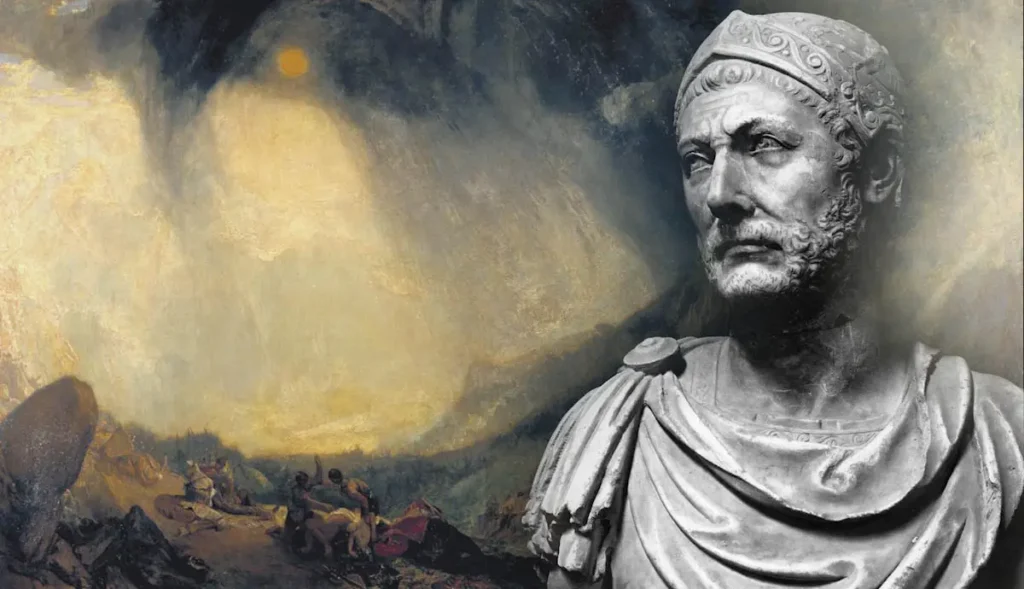
Hannibal Barca was a Carthaginian general who commanded the forces of Carthage in their battle against the Roman Republic during the Second Punic War (218-202 BCE).
He is considered one of the greatest military commanders of antiquity and his tactics are still studied and used today.
He is most famous for his daring crossing of the Alps with an army that included war elephants, and for his victories against the Romans in Italy, including the Battle of Cannae, where he inflicted one of the worst defeats in Roman history.
Hannibal’s successes on the battlefield earned him widespread recognition and appreciation, both during and after his lifetime.
Napoleon Bonaparte
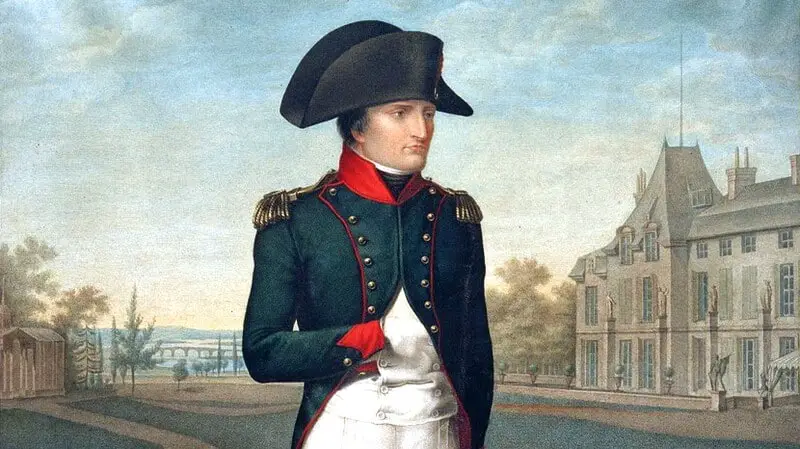
Napoleon Bonaparte was a French military commander and political leader who rose to prominence during the French Revolution and led successful campaigns during the Revolutionary Wars.
Revered as a paramount military strategist, his strategic acumen, combat proficiency, and knack for securing pivotal victories against formidable foes cement his legacy.
Napoleon’s military approach encompassed rigorous soldier training, swift battlefield maneuvering, coordinated assaults of infantry, cavalry, and artillery, and the utilization of limited cannonry, close-range musketry, and bayonet charges. His mastery lay in rapid army maneuvering, quick strikes, and skillful reserve deployment to dismantle fragmented enemy units.
His battlefield triumphs posed significant challenges for opposing nations.
His innovative tactics and adept maneuvering allowed him to win major victories at Ulm, Austerlitz, Jena, Auerstedt, and Friedland.
This legacy persists as a testament to his unparalleled military prowess.
He revolutionized military organization and training, leaving a profound influence that resonates through the study of his campaigns in military academies worldwide.
Julius Caesar

Julius Caesar was a Roman general and statesman who played a critical role in the events that led to the demise of the Roman Republic and the rise of the Roman Empire.
He was a member of the First Triumvirate, and after defeating his political rival Pompey in a civil war, he became dictator of the Roman Republic from 49 BC until his assassination in 44 BC.
Caesar’s strategic brilliance, military acumen, and knack for securing decisive victories against formidable adversaries have solidified his reputation as one of history’s best military leaders.
He commanded Roman forces in the Gallic Wars, where he conquered Gaul (modern-day France) and expanded Roman dominion.
With innovative tactics and superior maneuvering, he consistently outwitted opponents on the battlefield.
Caesar’s military prowess facilitated the Roman Empire’s expansion through conquests, rendering adversaries unable to counter his battlefield triumphs. His legacy endures as one of the greatest military minds in history.
Alexander the Great

Alexander the Great, king of ancient Macedon, forged one of history’s largest empires, spanning Greece to northwestern India, all by age 30.
He was undefeated in battle and is widely considered to be one of history’s greatest and most successful military commanders.
Alexander’s military genius allowed him to conquer vast territories and expand his empire.
Noted for innovative tactics, strategic maneuvering, and battlefield leadership, he secured victories in pivotal engagements, such as the Battles of Issus and Gaugamela, where he defeated the Persian Empire and conquered much of its territory.
Alexander’s battlefield triumphs posed formidable challenges for adversaries, cementing his status as an enduring figure in military history, celebrated for his genius on the battlefield.
